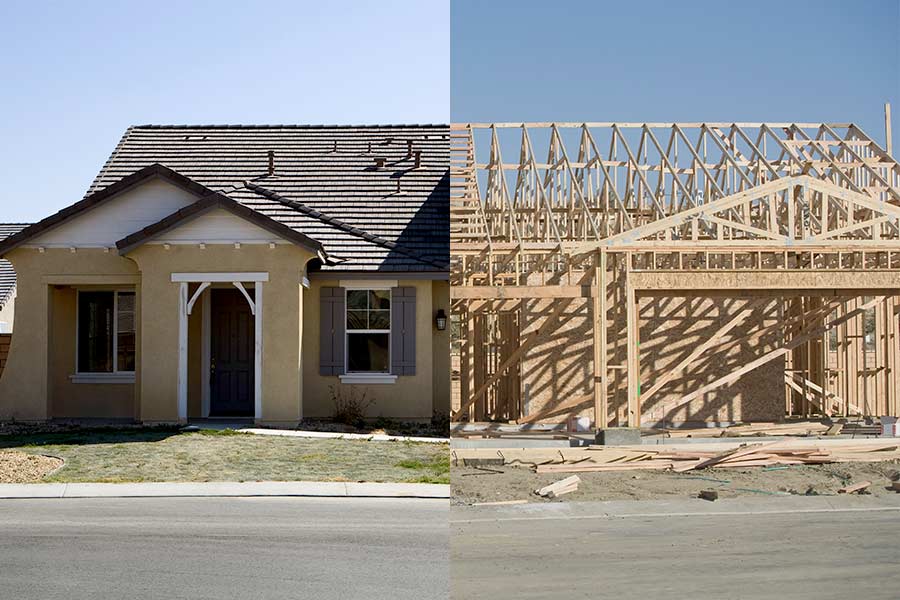Investing in real estate is a tried-and-true path to building wealth and securing your financial future. However, when it comes to property investment in New Zealand, one of the first decisions you’ll face is whether to invest in a new build or an existing house. Each option has its advantages and considerations. In this guide, we’ll help you weigh the pros and cons, so you can make an informed decision that aligns with your investment goals.
Investing in a New Build
Pros:
1. Modern Amenities: New builds often come equipped with the latest amenities and energy-efficient features, appealing to a broad range of tenants.
2. Minimal Maintenance: New properties typically require less maintenance and fewer repairs in the early years, reducing your out-of-pocket expenses.
3. Attract Premium Rent: Tenants are often willing to pay a premium for the comfort and efficiency of a new home, potentially increasing your rental income.
4. Long-Term Benefits: A new build can offer long-term capital gains, especially if you hold onto the property for an extended period.
Cons:
1. Higher Initial Costs: New builds typically come with a higher upfront price tag compared to existing homes.
2. Limited Location Options: New developments are often on the outskirts of cities, limiting your choice of location.
3. Smaller Yields: While rents may be higher, the percentage yield on a new build can be lower due to the higher purchase price.
Investing in an Existing House
Pros:
1. Lower Entry Costs: Existing houses are often more affordable, making them accessible to a broader range of investors.
2. Established Neighborhoods: You can invest in well-established, desirable neighborhoods with existing homes.
3. Immediate Rental Income: With an existing house, you can start generating rental income right away, helping to offset your mortgage.
4. Renovation Opportunities: Older homes offer the potential for value-adding renovations, increasing the property’s future resale value.
Cons:
1. Maintenance Needs: Older homes may require more maintenance and repairs, impacting your cash flow.
2. Energy Efficiency: Existing houses may lack modern energy-efficient features, potentially resulting in higher utility costs for your tenants.
3. Limited Depreciation: Older properties may have fewer tax benefits through depreciation compared to new builds.
4. Capital Expenditure: You may need to budget for capital expenditure to bring the property up to modern standards.
Conclusion
The choice between investing in a new build or an existing house depends on your investment strategy, budget, and long-term goals. New builds offer modern amenities and lower maintenance costs but come with a higher upfront price. Existing houses can provide immediate rental income and renovation potential but may require more maintenance.
Ultimately, the best choice for your property investment in New Zealand depends on your individual circumstances and investment objectives. It’s advisable to consult with a real estate expert or financial advisor who can help you make an informed decision based on your specific goals.
Disclaimer: This blog offers general information about property investment in New Zealand and does not constitute financial or legal advice. Always consult with a qualified professional for personalized guidance.



